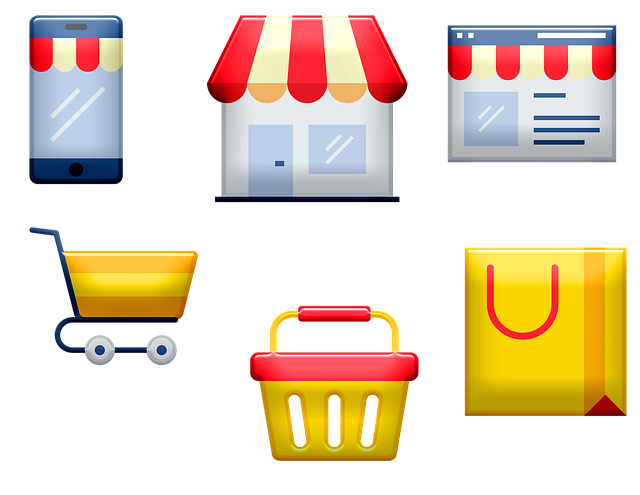See how B2Sell delivers the fastest time-to-value in the marketClick Here
eCommerce Product Catalog Management for Retailers | PIM Catalog management
B2Sell, PIM
Posted on May 1, 2020

Whoa! Now that is a pretty big question. You have a convenient store and keep records on every product you have in the shop and the ones that are sold on your computer. Then what is the need to have a product catalogue management system? This is where another question comes into the scene. Would you like to take your business to the next level, to go online? Every brick-and-mortar business owner would say a definite yes to that question. This is where the need for a product catalogue management system comes into play.
What is a Catalogue?
A catalogue in simple terms is a computerised version of a brand or distributor’s products and its details. When you visit a store, every product displayed will be labelled with a tag inscribed with the product’s name, quantity and price mentioned.
So a catalogue can be described as a portfolio of products manufactured or supplied by a company consisting of the specifications and price details of each product.
Such a system can be easy to manage when the number of products is within a small range. But when it gets to the next phase with more variety of products and or more quantity of the same products, managing larger SKUs manually can be quite difficult. This is where a product catalogue management system becomes beneficial.

Product Catalog Management in Online Marketplace
In a similar case, in modern retail stores, there are bar codes on the products that can be read using the bar-code detecting equipment at the cash counter of the store. This will allow the biller to easily track the name, quantity and price details on the system. Once the products are purchased the quantity will be eventually reduced from the current stock of the particular product. Hence, after each purchase, a proper update reflects on the system which helps the storekeepers to easily manage the stocks at the store.
In large warehouses, libraries and pharmacies, a product catalogue management system come in handy as it not only provides with details on the products and its availability but also of where each product is placed. This makes product catalogue management inevitable in the digital era for business.
Online commerce or shopping sites holds a large number of products and the information shared on the websites should be precise and accurate. Nowadays the online marketplace has many PIM systems available to choose from to optimize your eCommerce platform. This, in turn, allows competing with the leading competitors online. PIM provides a single platform to control and drive all your data on your website, mobile apps, catalogues, etc.
Benefits of Product Catalog Management in eCommerce
Enhancing Customer Experience
Customer is the king! This is the usual slogan being used in all businesses. As true as the slogan speaks, it is important for enhancing the customer’s experience on the website or mobile application. This will need the platform to provide customers with factual details on the products, for them to trust the platform and purchase the products confidently. Catalog Management also allows the website and products to be organized for customers to easily find and order their required products, leading to better sales.

Ensure Omnichannel Experience for Customers
The eCommerce industry is highly competitive with the numerous options available online. Options to purchase products from brand websites, online shopping stores, shopping apps and other online shopping portals can result in increasing the need for proper, maintained and precise details. Hence it is important to provide at least similar or better engaging experience on your platform to attract more customers.
Attractive Online and Offline Catalogues
Most PIM systems also come along with Catalog Automation systems that will help the users to easily build and print catalogues. This will aid in easily creating and modifying catalogues that can of use both online and offline for sales and marketing purposes.
Assured Increase in Sales and Leads
Engaging content is the mantra on online platforms. Hence, better content, true information, good reviews and well-maintained platforms all finally lead to create new leads and increase the overall revenue for your online business.
But all these do not come easily as well. Investing in a product catalogue management system just does not complete the drill. It is also important to keep updating the data provided on the website to keep the customers engaged.
